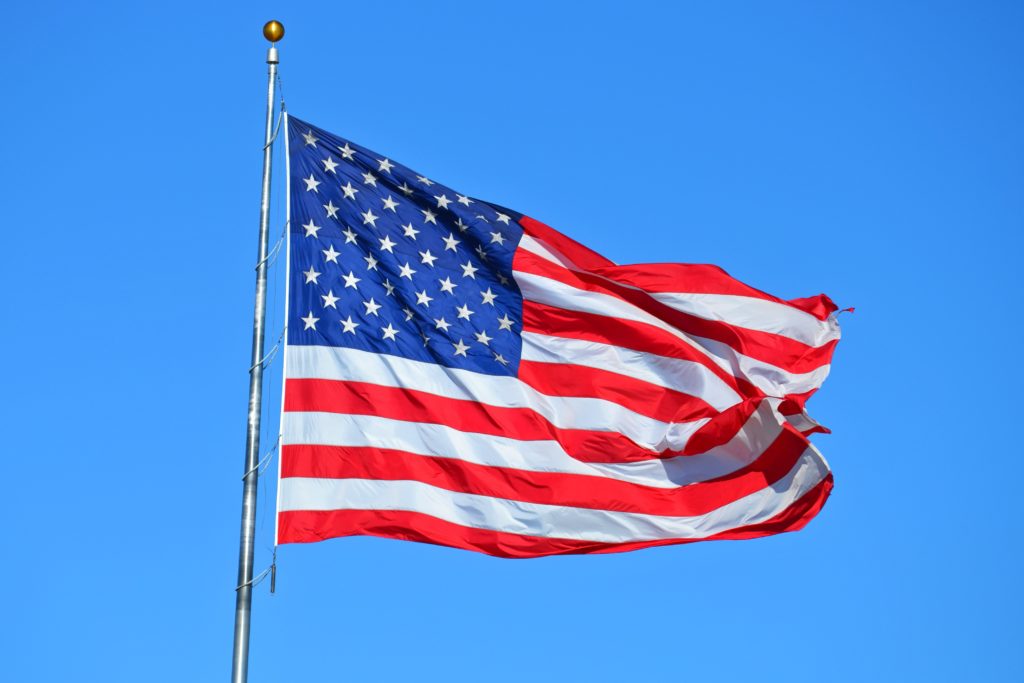Opinions & observations: A vital civics lesson from an old document

This month marks the 229th anniversary of ratification by the United States of the Bill of the Rights.
It’s appropriate to reflect on the bedrock role the Constitution and Bill of Rights play in our country’s continued strength and existence.
The Constitution and its amendments underlie all of our shared civil liberties and social freedoms. They are timeless and perpetually relevant. They reflect the foresight of our country’s framers who created a document that guides and shapes our lives in every recess of our collective social, political, cultural, and economic experience.

Brooklyn Boro
View MoreNew York City’s most populous borough, Brooklyn, is home to nearly 2.6 million residents. If Brooklyn were an independent city it would be the fourth largest city in the United States. While Brooklyn has become the epitome of ‘cool and hip’ in recent years, for those that were born here, raised families here and improved communities over the years, Brooklyn has never been ‘uncool’.